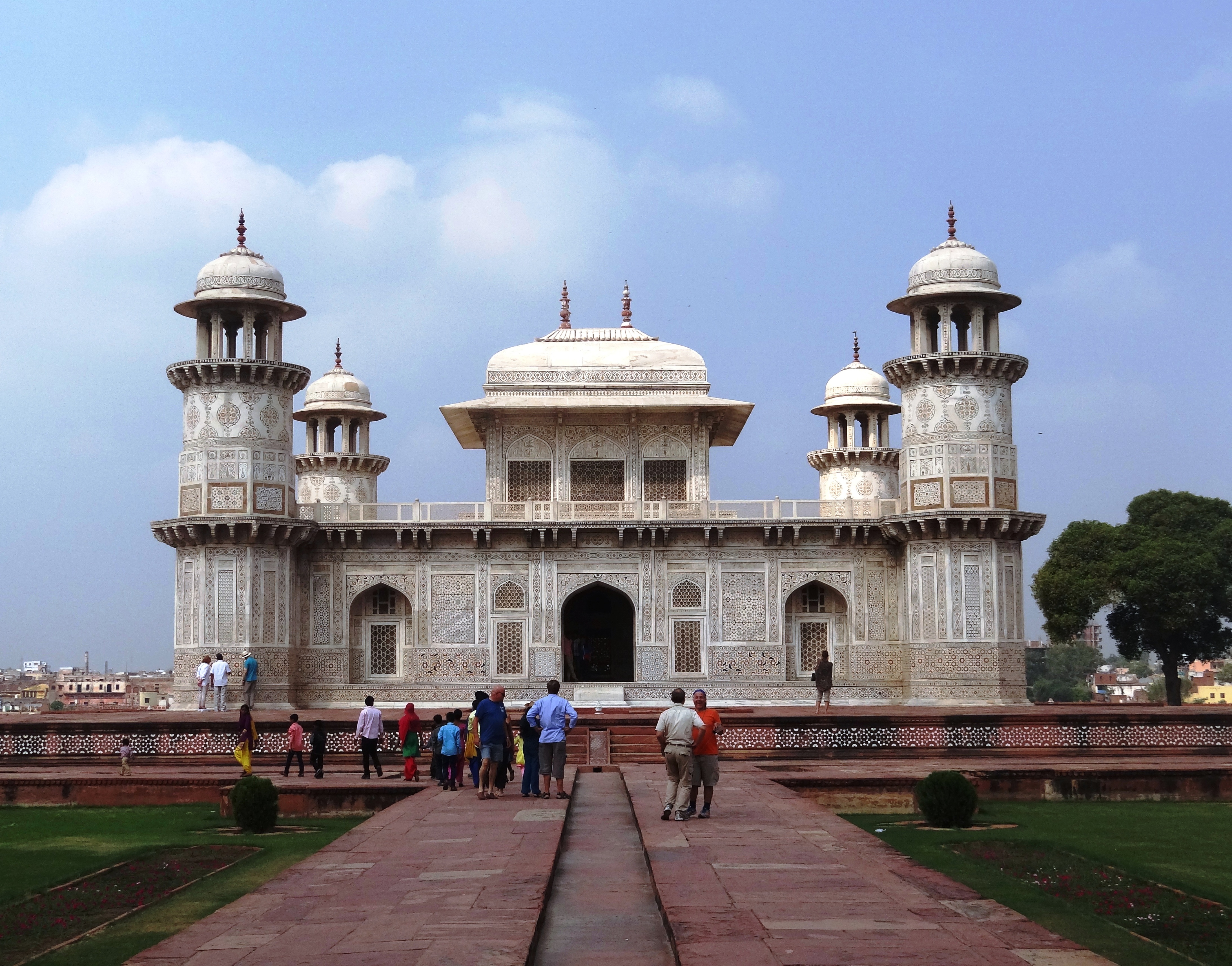|
Ebenezer Thomas
Ebenezer Thomas (August 1802 – 17 February 1863), better known to Welsh speakers by his bardic name of Eben Fardd, was a Welsh teacher and poet. Eben Fardd was born in Llanarmon, Caernarvonshire, the son of a weaver, and educated at local schools. His elder brother, William, was a schoolmaster, and when William died, Eben Fardd took over his school at Llangybi. He won a prize for his poetry at the 1824 eisteddfod in Welshpool. He moved to Clynnog Fawr in 1827, where he lived opposite the church of St Beuno in a house now called Bod Cybi, and is buried in the churchyard. In 1830, he married Mary Williams; they had three daughters and a son. In 1840, he won another prize at the Liverpool eisteddfod, and in 1841, his first volume of poetry, ''Caniadau'' ("Songs"), was published. In 1850, he was given a grant by the Calvinistic Methodist Church The Presbyterian Church of Wales ( cy, Eglwys Bresbyteraidd Cymru), also known as Calvinistic Methodist Church (), is a denominatio ... [...More Info...] [...Related Items...] OR: [Wikipedia] [Google] [Baidu] |
Welsh Language
Welsh ( or ) is a Celtic language family, Celtic language of the Brittonic languages, Brittonic subgroup that is native to the Welsh people. Welsh is spoken natively in Wales, by some in England, and in Y Wladfa (the Welsh colony in Chubut Province, Argentina). Historically, it has also been known in English as "British", "Cambrian", "Cambric" and "Cymric". The Welsh Language (Wales) Measure 2011 gave the Welsh language official status in Wales. Both the Welsh and English languages are ''de jure'' official languages of the Welsh Parliament, the Senedd. According to the 2021 United Kingdom census, 2021 census, the Welsh-speaking population of Wales aged three or older was 17.8% (538,300 people) and nearly three quarters of the population in Wales said they had no Welsh language skills. Other estimates suggest that 29.7% (899,500) of people aged three or older in Wales could speak Welsh in June 2022. Almost half of all Welsh speakers consider themselves fluent Welsh speakers ... [...More Info...] [...Related Items...] OR: [Wikipedia] [Google] [Baidu] |
Bardic Name
A bardic name (, ) is a pseudonym used in Wales, Cornwall, or Brittany by poets and other artists, especially those involved in the eisteddfod movement. The Welsh term bardd ("poet") originally referred to the Welsh poets of the Middle Ages, who might be itinerant or attached to a noble household. Some of these medieval poets were known by a pseudonym, for example Cynddelw Brydydd Mawr ("Cynddelw the Master Poet"), fl. 1155–1200 and Iolo Goch ("Iolo the Red"), c. 1320 – c. 1398. The practice seems to have very ancient antecedents, as in the names of the presumably 6th century poets Talhaearn Tad Awen, Blwchfardd and Culfardd, mentioned by the Welsh historian Nennius alongside Taliesin and Aneirin, the last referred to as ''Aneurin Gwenithwawd'' ("Aneurin of the Corn Poetry"). The revival of bardic names became something of a conceit following the reinvention of medieval tradition by Iolo Morganwg in the 18th century. The usage has also extended to Breton and Cornish poetry. ... [...More Info...] [...Related Items...] OR: [Wikipedia] [Google] [Baidu] |
Tomb Of Eben Fardd, Clynnog Fawr
A tomb ( grc-gre, τύμβος ''tumbos'') is a repository for the remains of the dead. It is generally any structurally enclosed interment space or burial chamber, of varying sizes. Placing a corpse into a tomb can be called ''immurement'', and is a method of final disposition, as an alternative to cremation or burial. Overview The word is used in a broad sense to encompass a number of such types of places of interment or, occasionally, burial, including: * Architectural shrines – in Christianity, an architectural shrine above a saint's first grave (burial), place of burial, as opposed to a similar shrine on which stands a reliquary or feretory into which the saint's remains have been transferred * Burial vault (tomb), Burial vault – a stone or brick-lined underground space for multiple burial Burial, also known as interment or inhumation, is a method of final disposition whereby a dead body is placed into the ground, sometimes with objects. This is usually ... [...More Info...] [...Related Items...] OR: [Wikipedia] [Google] [Baidu] |


